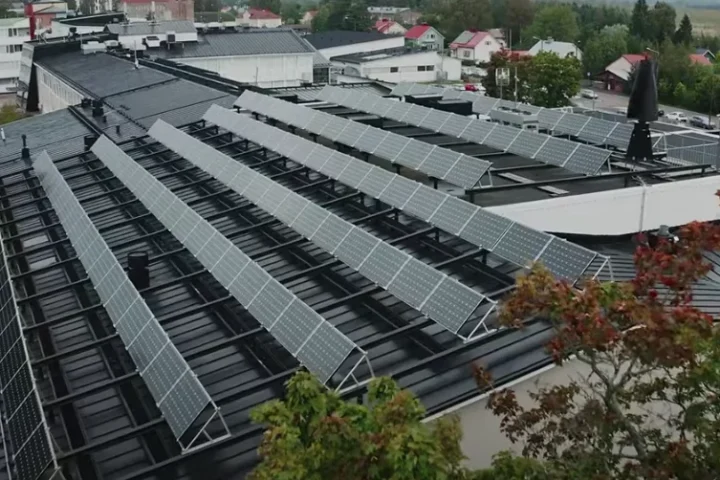BMW is recalling more than 70,000 electric vehicles in the United States due to a software issue that could cause them to suddenly lose power while driving. The National Highway Traffic Safety Administration (NHTSA) announced the recall, which affects several popular BMW EV models from recent years.
The problem stems from a software glitch in the high-voltage electrical system. The system may falsely detect what BMW calls a “double-isolation condition” – a safety issue that would normally require the vehicle to shut down. When this false detection occurs, the car’s electric motors cut power while the vehicle is in motion, significantly increasing crash risk.
Affected models include approximately 35,000 BMW i4s (2022-2025), 25,000 BMW iXs (2022-2024), under 6,000 BMW i7s (2023-2024), and fewer than 5,000 BMW i5s (2024). The recall officially began in June 2025.
If this problem occurs, drivers may see a red warning symbol on the dashboard 15-20 seconds before power loss happens. While drive power will be lost, the power-assisted braking and steering systems will continue to function, giving drivers some control to safely stop the vehicle.
BMW has reported approximately 43 warranty claims related to this issue but says it is not aware of any accidents or injuries resulting from the defect.
Similar Posts
The fix is relatively simple. BMW will provide a free over-the-air (OTA) software update that corrects the problem. Owners who prefer not to use the OTA option can have the update performed at a BMW dealership at no cost.
BMW plans to notify affected owners by mail, with letters expected to go out by August 5, 2025. In the meantime, owners can check if their vehicle is affected by:
- Contacting BMW customer service at 1-800-525-7417
- Visiting the NHTSA recall website at www.nhtsa.gov/recalls
- Calling the NHTSA Vehicle Safety Hotline at 1-888-327-4236
The recall is identified by the campaign number 25V395.
This recall highlights the increasing importance of software in modern electric vehicles and the automotive industry’s growing ability to address some safety issues remotely through wireless updates, minimizing inconvenience for vehicle owners.



















